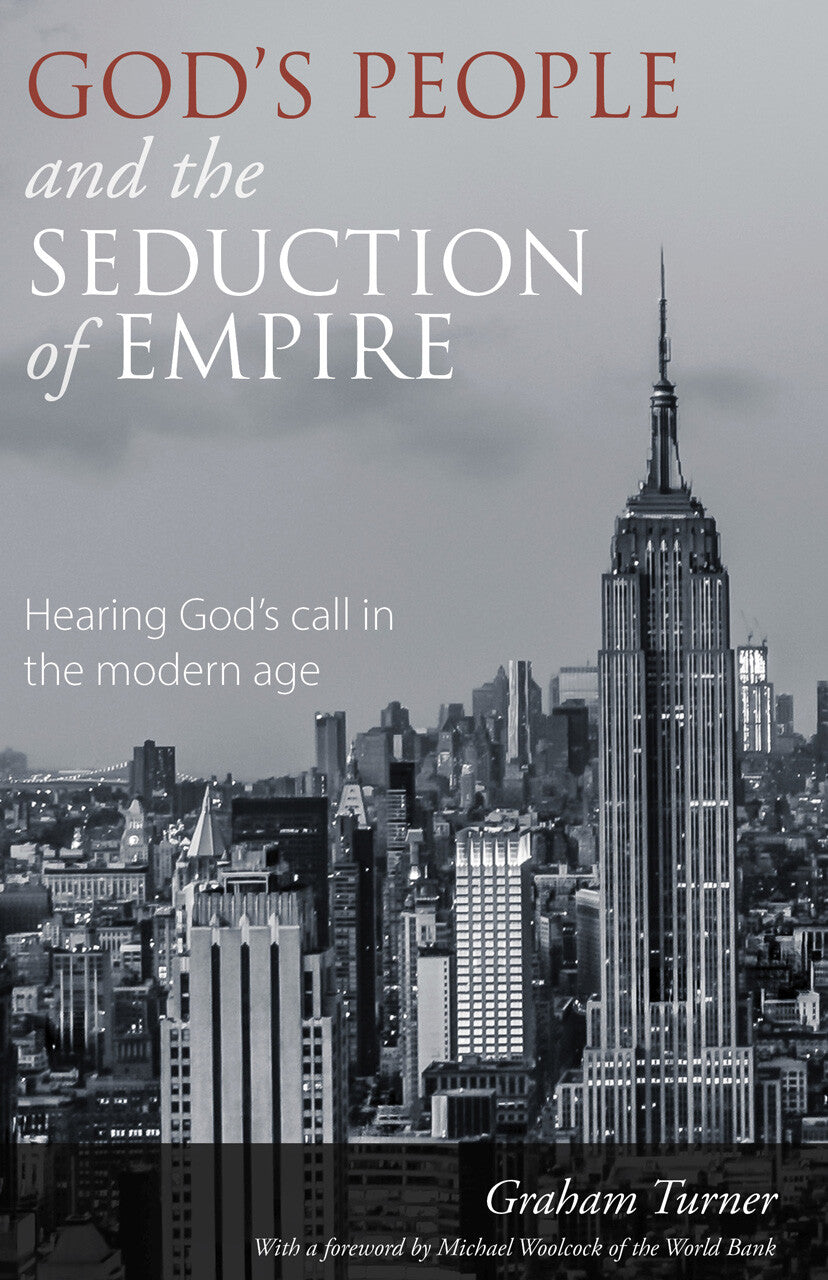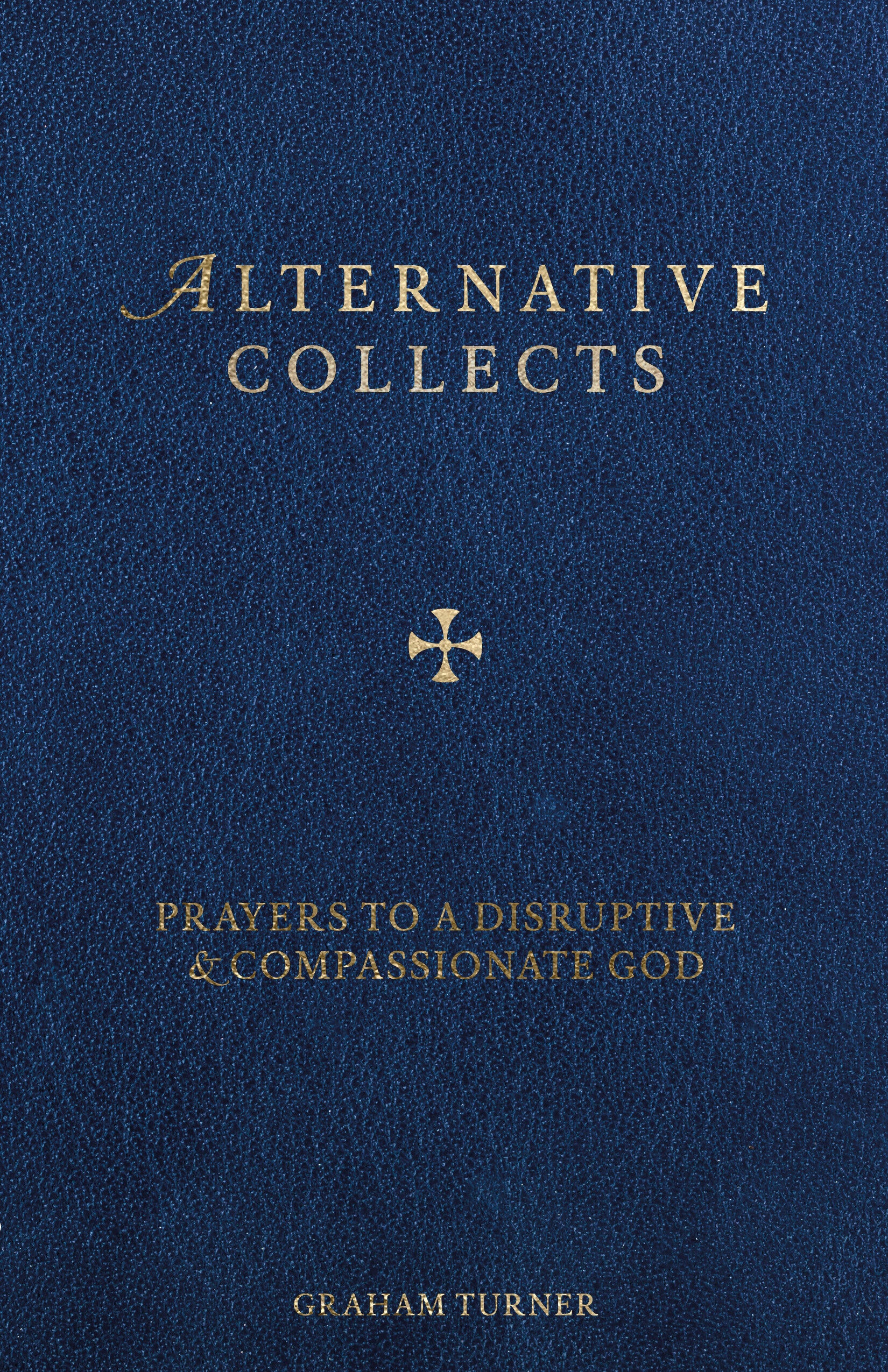 GUEST BLOG: How does someone who swears he will never write a book become a published author? Graham Turner describes his experience of writing God’s People and the Seduction of Empire, our September #BookOfTheMonth.
GUEST BLOG: How does someone who swears he will never write a book become a published author? Graham Turner describes his experience of writing God’s People and the Seduction of Empire, our September #BookOfTheMonth.
It seems to me there are two sorts of authors. There are those who as children were always writing stories, recording what went on during their school day or filling notebooks about events within the family. As teenagers they could well have submitted bits and pieces for the school magazine or even kept their own blog. They are the sort of people who as adults felt that they needed to write something every day to maintain a sense of sanity. They are the ones who today probably also kept a journal.
Then there are people like me who are the reluctant writers. We found English at school tedious, tiring and boring. We were the ones who could not complete our essays and always fell short on the minimum number of words required. Some, like me, may have taken up maths instead. (One of my son’s school teachers called maths the lazy man’s language as only essential information had to be written down.)
In my thirties, as a vicar in Birmingham, one of the neighbouring clergy wrote a couple of books about his ministry. As I also had a good story to tell about our community development work, I was strongly encouraged to do the same. That was when I made a firm decision: I would never write a book. Some called it my “inner vow”. The work required seemed beyond me. I had no idea how to start. I did not feel I had enough words within me to put together anything substantial enough. I was also concerned that my contribution would not pass the scrutiny of the editors, publishers and critics. So no, I would not be writing a book.
But here I am, many years down the line, having written God’s People and the Seduction of Empire. How did that happen?
After twenty years in an inner-urban parish I moved to a middle-class Cheshire town. Being responsible for four churches and a clergy staff team, I knew that I would have to argue my case more carefully about what I thought was important and what I felt the priorities of the church should be. So I started writing. I wrote articles for the parish magazine, documents for the church council and papers for discussion amongst the leadership teams.
To promote my argument that social justice and contemplation should be at the heart of the life of the church I put together a four-week Lent course. It was a course that I repeated over the next few years in various churches across the town. A number of folk approached me and said I should get this material published. But I told them about my inner vow made many years earlier. I also added that I would have no idea how to start on such a major enterprise. One of my clergy colleagues suggested that he should take my course notes and have a go at doing it himself. Two weeks later he turned up with a couple of thousand words. I knew immediately that this was not how it should be written; this is when I decided to write my book.
To get my project off the ground, I installed an old orange box in the corner of my study, onto which I put a label saying “The Book”. Over the next few months I put into the box anything I thought could be vaguely relevant. The notes of the Lent course went into it; jottings I had written over the years; photocopies of pages from significant books; small record cards with random ideas on them; books that I needed to read; books I had read; bits and pieces handed on to me by other people; and anything I thought might be vaguely appropriate. If I woke up in the night with a thought, I would jot it down and pop it in the box in the morning. After a few weeks the box resembled a wastepaper bin, full of what appeared to be discarded paper and unwanted books. It was then that I arranged to take sabbatical leave for three months to write the book.
I knew that I would have to be quite disciplined, so I had treated writing the book as a full-time job. I worked from Monday to Friday (from 9.00am until 5.00pm) for eleven of my thirteen weeks’ leave. I knew it was important that I should not allow myself to be disturbed or distracted if there was to be a chance of completing the task.
To start, I emptied my rather over-full orange box onto an empty table and started to arrange the papers and books into groups. I already had an idea of the general shape of the book and possible chapter headings. At the end of the first morning I had a dozen piles of notes, jottings, scribblings and books strewn across my table top that I bundled up, put in sequence order and clearly numbered. My plan was simply to start at the first bundle and work my way through writing one chapter at a time.
My progress was erratic. Some days were bliss and some days were awful, but it still felt purposeful. I set myself a target to complete all the chapters within nine weeks. This would leave me two weeks to review what I had written and format it ready for the publisher. I did not write in the evenings or at weekends. No-one from the parish disturbed me and my family were very understanding.
The programme I set myself over the sabbatical had to be adjusted many times, but by the end of the thirteen weeks my first draft was ready for the publisher.
I think I enjoyed the time—I certainly enjoyed having such singleness of mind. Would I do it again? Maybe. Only if pushed (again).
I have since written another book, Alternative Collects, but that is another story…
For over thirty years, Graham Turner has served in a variety of parishes, mostly in urban neighbourhoods. Through community enterprises and businesses he has worked tirelessly to help overcome social injustice while also exploring a range of Christian traditions to help deepen his own faith as well as that of others. After an initial engineering apprenticeship and obtaining an electronics degree, Turner studied theology to enter the Anglican ministry. He is now a full-time chaplain at a public-sector prison in the North West of England.
Turner is the author of two books with Sacristy Press, God’s People and the Seduction of Empire (our September #BookOfTheMonth) and Alternative Collects. Why not order both together to qualify for free economy delivery?












